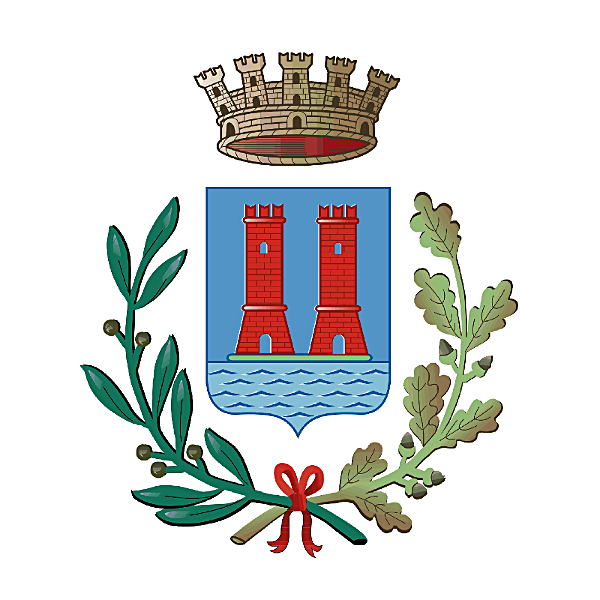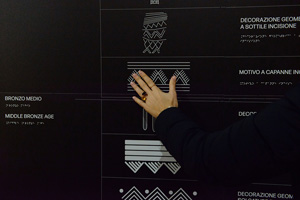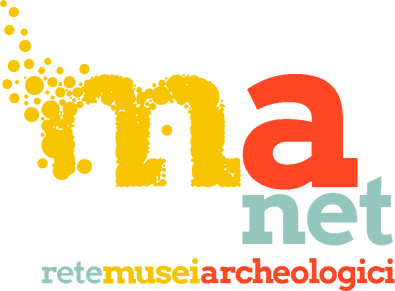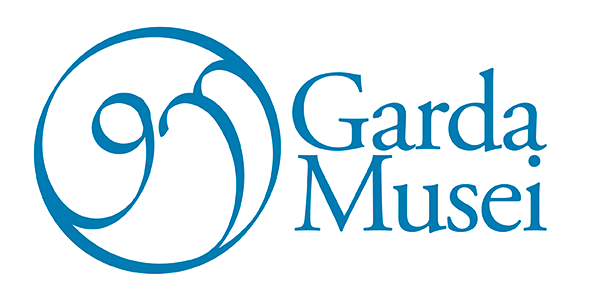The Museum is committed to making its collection, building, programs, and services accessible to all audiences. The principles of diversity, equity, inclusion, and accessibility apply to all aspects and activities of the Museum.
Thanks to the Ministry of Culture's Call for Proposals - PNRR - Mission 1 - Digitisation, Innovation, Competitiveness and Culture - Measure 1 "Cultural Heritage for the Next Generation" - Component 3 - Culture 4.0 (M1C3-3) - Investment 1. 2 "Removal of physical and cognitive barriers in museums, libraries and archives to enable wider access to and participation in culture" financed by the European Union - NextGenerationEU, since 2024 the Museum has been able to realise, in collaboration with LEDHA MONZA E BRIANZA - Coordinamento Monza e Brianza per la tutela dei diritti delle persone con disabilità e Descrivedendo, important works to make visits easier and more pleasant for everyone.
Accessible Entrance
Physical Accessibility
The second floor of the Museum is accessible to wheelchair users and others who need to avoid stairs thanks to the presence of a lift located on the ground floor near the ticket office.
Seating
Seating is possible throughout the Museum.
Wheelchairs and other mobility devices
Visitors with disabilities may use mobility devices (including manual and electric wheelchairs) and manually powered mobility aids (such as walkers, canes, and crutches) in all areas. A wheelchair is available to visitors at the ticket office.Visually impaired people
Touch me!All texts in the museum are set out using highly readable fonts.
Printed media will soon be available, to be requested at the reception desk, in which all captions will be displayed in large fonts.
In the museum there are also panels, objects, models... that can be touched. They are indicated by the writing 'TOUCH ME'.
The museum participates in the DescriVedendo project, which involves the production of texts that accurately describe the exhibition route, some of the objects in the museum, the models of the pile dwellings and the reconstruction of the inside of a pile dwelling. The texts can be downloaded in audio format directly in the museum via a QRcode or from the DescriVedendo website.
At the Lavagnone pile-dwelling site there is an information area with a dedicated Braille panel.






